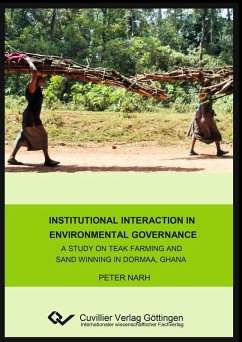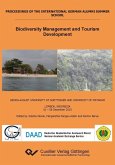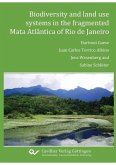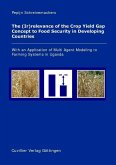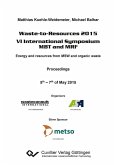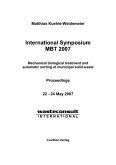In this work, the attempt is made to explore and understand the interaction between different institutions in environmental governance, and the role of human livelihood strategies in this interaction. With a case study of teak farming and sand winning in the Dormaa Municipality and Dormaa East district in midwestern Ghana, the work seeks to contribute to understanding the dynamics and role of institutions and human behaviour relationship in environmental governance. The study has been formulated and conducted following some observations of interaction between statutory and customary institutions in regulating human activities on the natural environment in Dormaa. Prior to this study, observations of this author in some communities in the Dormaa Municipality and Dormaa East district showed that statutory and customary environmental governance institutions influenced each other to shape the ways different people acted on the natural environment. Moreover, it was observed that the actions of people in turn influenced how these institutions functioned and affected each other.
Dieser Download kann aus rechtlichen Gründen nur mit Rechnungsadresse in A, B, BG, CY, CZ, D, DK, EW, E, FIN, F, GR, HR, H, IRL, I, LT, L, LR, M, NL, PL, P, R, S, SLO, SK ausgeliefert werden.

